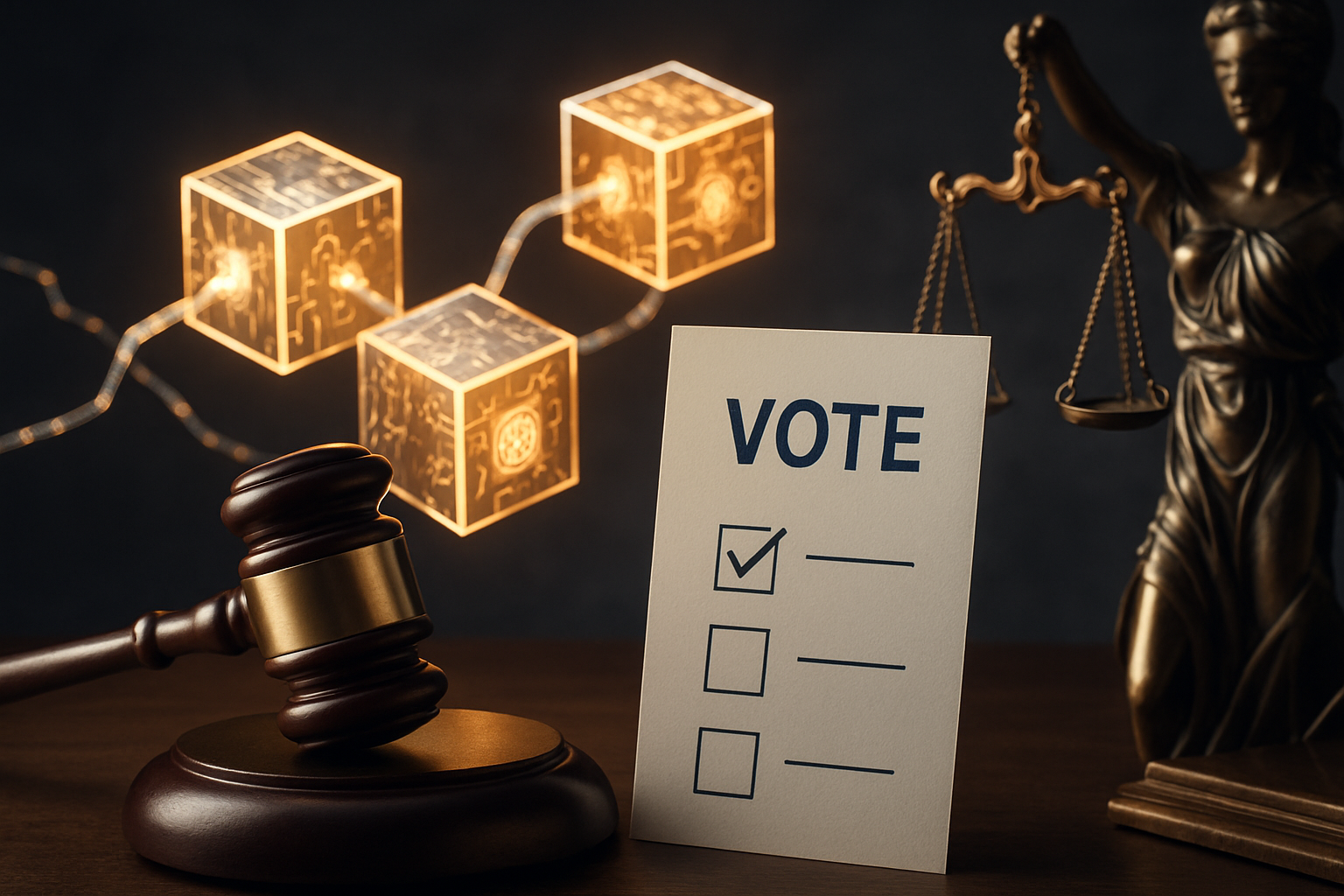Electoral Reform Measures That Protect Access and Integrity
Electoral reform measures that protect access and integrity are grounded in clear rules, impartial institutions, and resilient technical systems. Practical reforms prioritize inclusive participation, procedural transparency, and safeguards against manipulation while respecting constitutional rights and administrative feasibility. This summary highlights principles and concrete measures that jurisdictions can adapt to strengthen democratic legitimacy without inflaming partisan debate.

Electoral reform must balance two complementary objectives: enabling broad voter participation and maintaining confidence in results. Achieving that balance requires attention to legal standards, administrative capacity, technical resilience, and independent oversight. Well-crafted reforms reduce barriers to registration and voting, clarify administrative responsibilities, and establish predictable enforcement and remedies. By focusing on neutral procedural safeguards—rather than partisan advantage—reform can enhance public trust and protect fundamental rights while remaining adaptable to technological and societal change.
Regulation and compliance
Clear regulation defines who may vote, how registration occurs, timelines for candidacy and ballots, and procedures for counting and certifying results. Drafting regulations with explicit language reduces administrative discretion that can result in inconsistent application across precincts. Compliance mechanisms such as mandatory guidance for election officials, regular training, and standardized reporting increase uniformity. Independent compliance reviews and publicly available compliance reports allow citizens and civil society to assess whether rules are being followed and where administrative improvements are needed.
Judiciary and constitutional safeguards
An independent judiciary provides a neutral venue to adjudicate election disputes, interpret legislation, and ensure administrative actions comply with constitutional guarantees. Timely judicial review prevents protracted uncertainty while preserving due process for parties that allege disenfranchisement or irregularities. Embedding clear legal standards—on equal protection, non-discrimination, and procedural fairness—limits ambiguity and helps courts provide predictable outcomes. Judicial education on election administration and expedited processes for election-related cases support consistent and credible resolutions.
Transparency and accountability
Transparency in procurement, vote tabulation methods, campaign finance disclosures, and audit outcomes enables meaningful public scrutiny. Accountability depends on well-defined lines of responsibility within electoral bodies, effective internal controls, and impartial mechanisms to investigate complaints. Publishing accessible, multilingual information about voting procedures and results reduces misinformation and supports inclusion. Transparency must be designed to protect sensitive personal data and to prevent the disclosure of information that could undermine ballot secrecy or voter privacy.
Cybersecurity and privacy
Digital systems involved in voter registration, results transmission, and public information require robust cybersecurity practices: regular risk assessments, encryption, access controls, and verifiable backups. Maintaining paper-based records or voter-verified paper audit trails complements digital systems, enabling post-election audits and recovery in the event of an incident. Privacy protections for voter data—data minimization, restricted use, and clear retention limits—help prevent misuse and preserve trust. Security policies should be transparent, proportionate, and subject to independent review to avoid creating unnecessary barriers to access.
Oversight, enforcement, and ethics
Independent oversight bodies—electoral commissions, auditors, or ombuds institutions—should have clear mandates, sufficient resources, and the authority to investigate and sanction misconduct. Ethics standards for officials and vendors, conflict-of-interest rules, and transparent procurement practices reduce corruption risks. Effective enforcement includes proportionate administrative remedies and criminal penalties when appropriate, combined with public reporting on investigations. Whistleblower protections and channels for third-party reporting encourage detection of malpractice without chilling lawful participation.
Legislation, public administration, and diplomacy
Legislative reform sets durable standards while public administration translates rules into practice through training, standardized procedures, and investments in accessible polling infrastructure. Coordination across jurisdictional levels and with civil society improves logistics and public communications, especially in diverse or decentralized systems. Where cross-border issues or international technical assistance are relevant, diplomatic engagement and adherence to international norms can support integrity and confidence. Periodic reviews and stakeholder consultations help ensure legislation and administrative practice remain responsive to demographic, technological, and social change.
Conclusion
Protecting access and integrity in electoral systems is a multi-dimensional task that combines clear regulation and compliance, judicial safeguards, transparency, cybersecurity and privacy protections, independent oversight, and capable public administration. Grounding reforms in neutral procedural principles and human-rights standards reduces the risk of politicization and promotes public confidence. Continuous monitoring, stakeholder engagement, and periodic legislative review allow systems to adapt constructively to new challenges while preserving the core democratic values of inclusion, fairness, and accountability.





